Measurement properties of the Swedish clinical outcomes in routine evaluation outcome measures (CORE-OM): Rasch analysis and short version for depressed and anxious out-patients in a multicultural area
4.9 (281) In stock
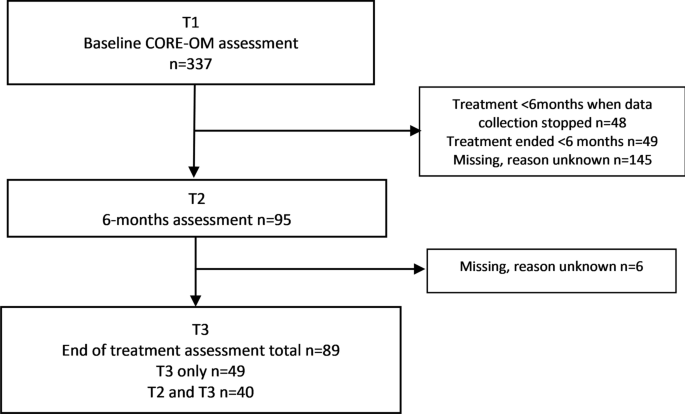
Introduction The Swedish version of the patient-reported Clinical Outcomes in Routine Evaluation Outcome Measures (CORE-OM) has demonstrated high reliability and acceptable convergent validity in explanatory factor analyses. However, the fundamental scale properties have not yet been validated according to item response theory. The aim of this study was to analyze the measurement properties of the Swedish CORE-OM in a cohort of psychiatric out-patients with depression and anxiety in a multicultural area and to explore combinations of items based on shorter versions of the scale (CORE-10, CORE-6D) to improve measurement properties. Methods Data from CORE-OM assessments of 337 patients were analyzed using Rasch analysis. The patients had a mean age of 30 ± 14 years, the majority were women (72%). Requirements for measurement properties were checked: overall model fit, item fit residuals, targeting, internal consistency, differential item functioning and thresholds. Sensitivity to change was also analyzed. Results The CORE-OM showed high internal consistency (person separation index = 0.947) and adequate targeting, but there was overall model misfit (item trait interaction χ2 = 917.53, p < 0.001), indication of local dependency, and differential item functioning in 9 items. The risk items showed problems with disordered thresholds. The emotional component of the shorter CORE-6D showed the best fit for our sample. Adding 3 items to include depressive and trauma-related content resulted in a unidimensional 8-item set with acceptable reliability, model fit, targeting and sensitivity to change. Conclusion For out-patients with diagnosed depression or anxiety in a multicultural area, the Swedish CORE-OM showed high internal consistency, but also validity problems. Based on the shorter CORE-6D version, a unidimensional 8-item set could be an alternative brief measure of psychological distress for this population, but further validity studies are required. Qualitative studies exploring the CORE-OM items in non-native speakers are also warranted.
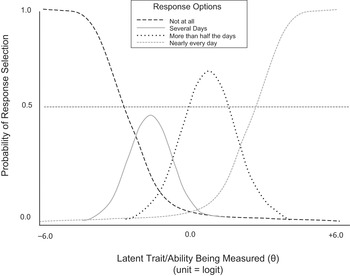
General Issues in Clinical Assessment and Diagnosis (Part I) - The Cambridge Handbook of Clinical Assessment and Diagnosis

PDF) Patient-reported outcome measures: An overview

PDF) Development of a Standardized Classification System for the Translation of Patient- Reported Outcome (PRO) Measures Brief Measure of Psychological Well-Being
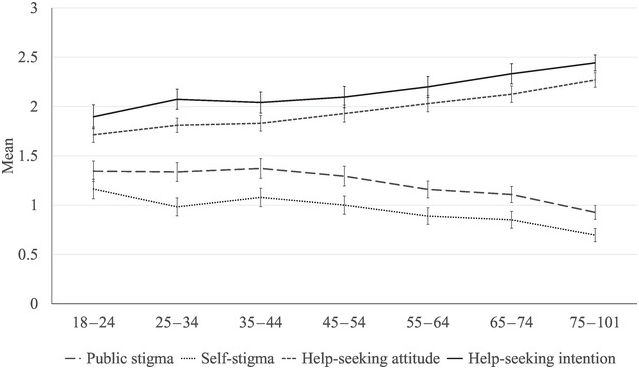
Stigma and Mental Health in Specific Contexts (Part III) - The Cambridge Handbook of Stigma and Mental Health

Measurement properties of the Swedish clinical outcomes in routine evaluation outcome measures (CORE-OM): Rasch analysis and short version for depressed and anxious out-patients in a multicultural area
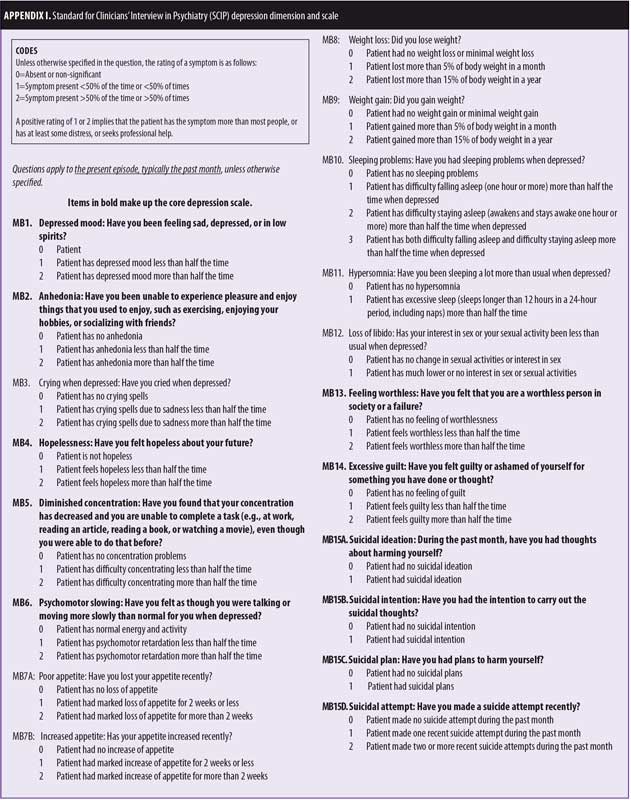
Measurement-based Care in Psychiatry— Past, Present, and Future - Innovations in Clinical Neuroscience

Clinical Outcomes in Routine Evaluation (CORE-OM) – NovoPsych
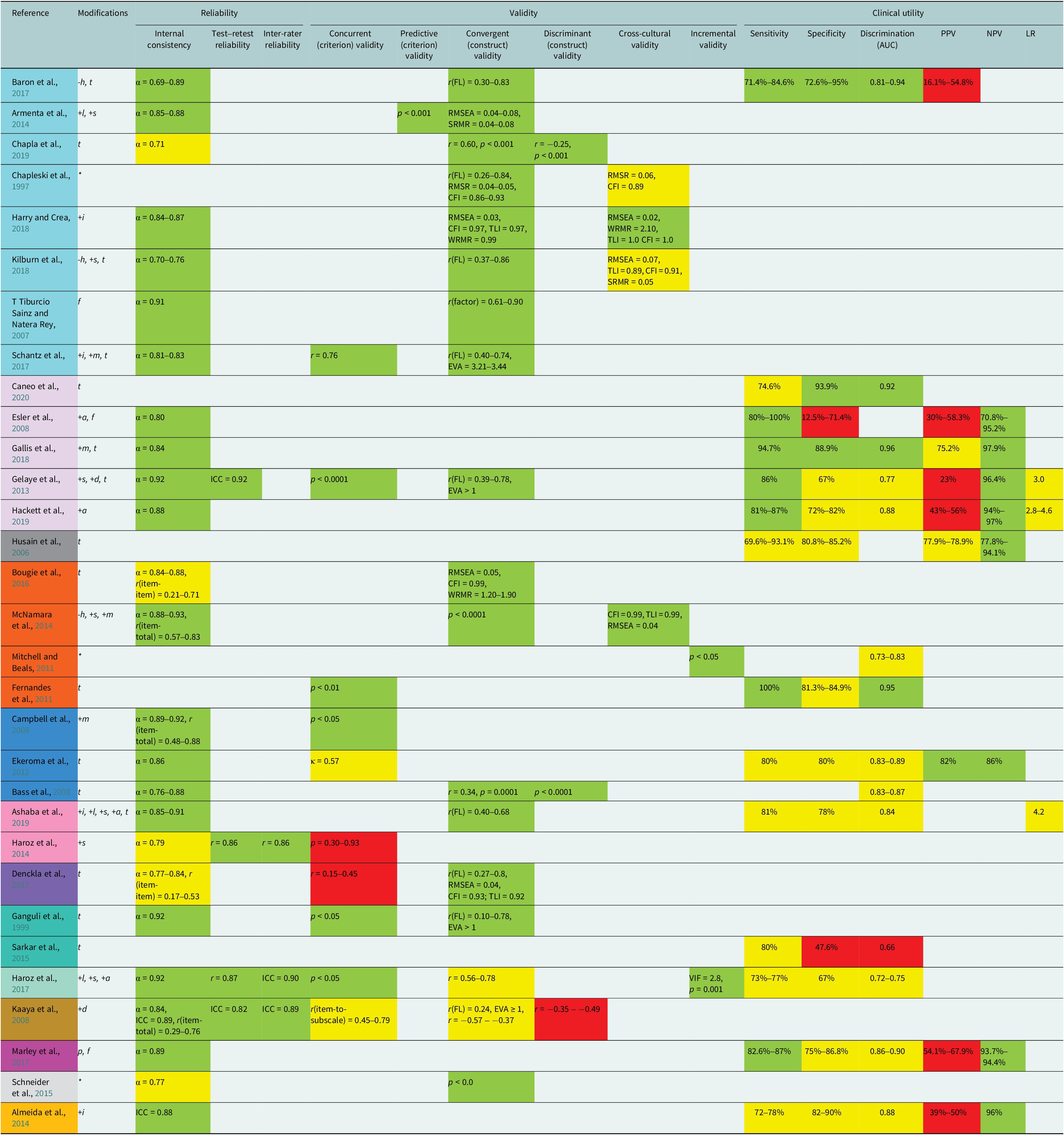
Safe and valid? A systematic review of the psychometric properties of culturally adapted depression scales for use among Indigenous populations, Cambridge Prisms: Global Mental Health
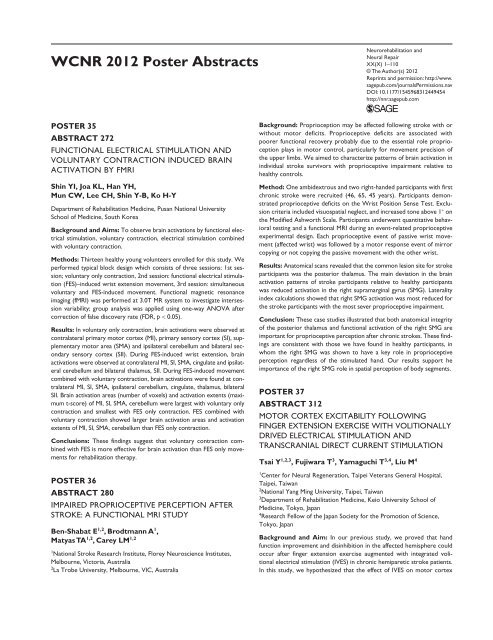
WCNR 2012 Poster Abstracts - DC Conferences
Information about the CORE-OM : Clinical Outcomes in Routine Evaluation (and CST)
Access to data collection and feedback systems to monitor progress - Public Health Wales
 Valor Fitness Roman Chair Back Extension Machine - Adjustable, Band Pegs, Bench for Glutes, Lower Back Strengthening Exercises - Waist Hyperextension - Home Gym Workout – CB-13
Valor Fitness Roman Chair Back Extension Machine - Adjustable, Band Pegs, Bench for Glutes, Lower Back Strengthening Exercises - Waist Hyperextension - Home Gym Workout – CB-13 ClearPoint Neuro
ClearPoint Neuro- LECHERY Women's Organic Cotton Blend Tights (1 Pair) - L/Xl, Anthracite
 Sarees Online - Buy Designer Sarees & Suits for Women - Urban Wardrobe – UrbanWardrobe
Sarees Online - Buy Designer Sarees & Suits for Women - Urban Wardrobe – UrbanWardrobe- Dr. Lindsey Schmidt - Easy & Tasty Breakfast Recipe for you! This is the time, more than ever, we need to focus on nourishing our body with nutrient dense foods. This is
 Personalized Wife Face On Heart Men's Underwear Pouch Breathable
Personalized Wife Face On Heart Men's Underwear Pouch Breathable

